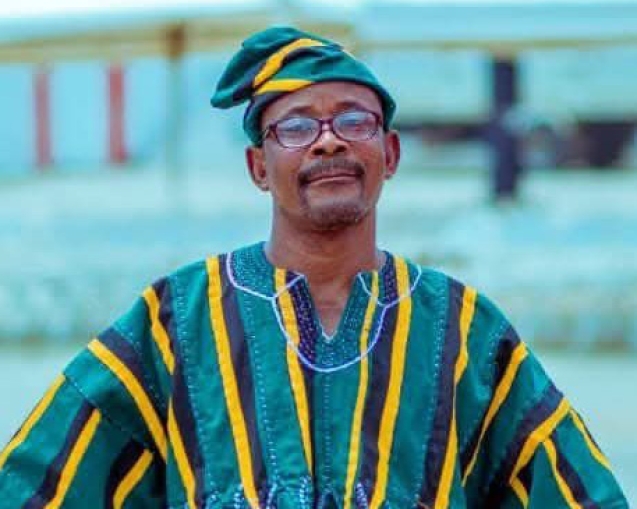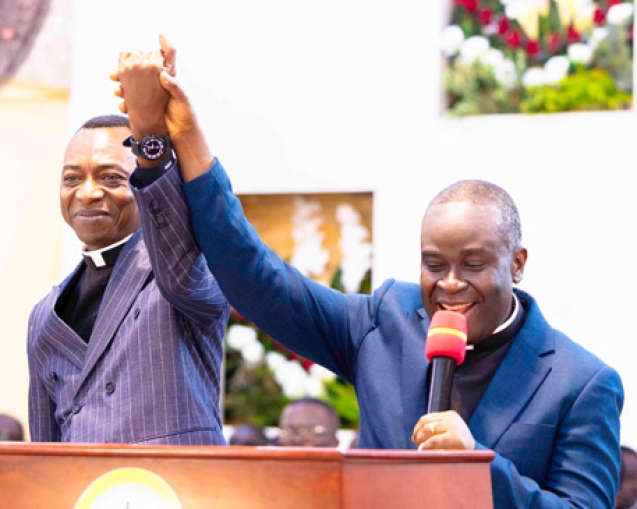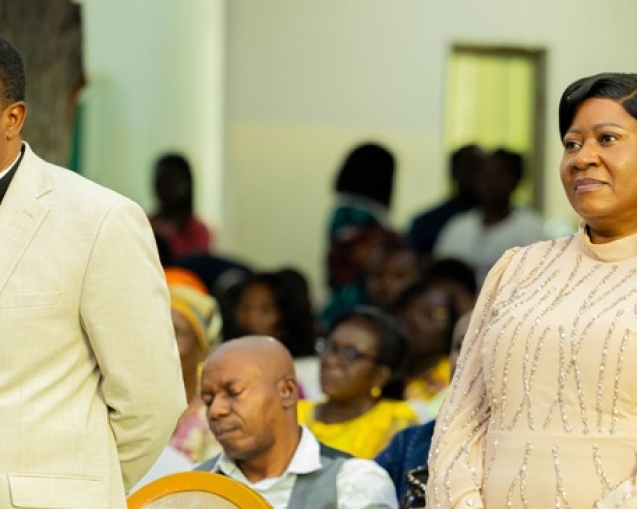“Every believer has been enlisted as a soldier in the army of God and has a role to play in the church. Therefore, as a church, we do not want any member to be idle; everyone must be trained and assigned responsibility.”
These were the words of the International Missions Director (IMD) of The Church of Pentecost, Apostle Emmanuel Agyemang Bekoe, as he spoke on “Mobilising the Squads” at the climax of the La Area Officers Retreat (Apostolisation) on Friday, February 11, 2022, at the Dr. Thomas Wyatt Memorial Temple, Accra Newtown.
He indicated that Jesus Christ is the Commander of the army of God. Listing some of the components of a fighting force, the IMD said that the fighting army has its concept of operation which includes its doctrines, principles, and values. In the same manner, the church has its doctrines, tenets, values, principles, and practices which guide the members in their conduct and operations.
There are also physical factors that the army employs when going to war. These include manpower, equipment, performance, sustainability, and readiness. According to him, soldiers who lack this equipment cannot fight and win a battle.
He also touched on moral factors such as unity, loyalty, and morale of the army. Relating it to Christian warfare, the IMD said that believers need unity to win the battle against the devil. They also have to be loyal to the Commander-in-Chief (Jesus Christ), the structures, and the leadership of the church which give directions to the troops, saying, “As an officer, your loyalty to the church should be absolute.”
Stressing on the importance of morale at the camp of the army, he admonished believers to support one another in the work of God so that the Master’s business will not suffer loss.
Apostle Emmanuel Agyemang Bekoe further mentioned three levels as strategies in organising the army for battle. These are strategic level, operational level, and tactical level.
Dwelling on the tactical level of mobilisation, he said that it is broken down into sections, then to squads and teams with leaders.
“The squads and the teams which are smaller groups help to make the soldiers active and responsible to one another,” he explained.
Likewise, in the church, squads and teams help to engage members in the church. He advised presiding elders and ministry leaders at the local level which is the equipping centre to endeavour to assign every member to a specific team and squad so that no one will remain reductant in the church. This, he said, will help make every member responsible to someone.
Quoting Nehemiah 3:1-32, he disclosed some areas in the church where members can be assigned to operate in. This includes Bible study facilitators, prayer warriors, mission partners, welcoming committees/ushers, house-to-house evangelism squads, schools evangelism teams, follow-up teams, hospital evangelism teams, Children’s Ministry workers, videographers, instrumentalists, dawn preachers, and community development teams.
He identified some five strategies in mobilising the squads. These are enlistments (going out for the souls); training them through the new converts/new members classes; registration (taking the biodata of members and knowing every detail information about them); integration (through interaction, discipleship and mentoring them to ground them in the faith), and deployment which emphasizes on equipping the members to go out and bring in souls.
The International Missions Director noted that if members are not properly trained, they cannot be deployed to make an impact in society, hence the need for intentional discipleship and mentoring to fully equip the members to be agents of transformation.
PENTECOST NEWS.


















